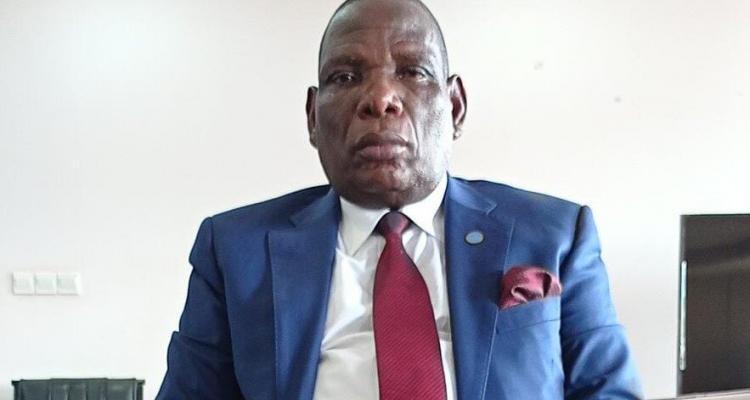
Former Minister of Finance Joseph Mwanamvekha says forex scarcity in Malawi started after the Lazarus Chakwera administration increased Affordable Inputs Program (AIP) beneficiaries and cancelled the Extended Credit Facility (ECF) program with International Monetary Fund (IMF), among other decisions.
Mwanamvekha has released a statement today regarding the current shortage of forex in Malawi
He noted that the Tonse Alliance government, in many instances, has resorted to blaming the Democratic Progressive Party (DPP) Administration for the shortages. He, however, said that under the DPP, Malawi had an import cover of about six months hence the forex mess has been created over the past two years.
He argued that one of the reasons for the problems is an increase of AIP beneficiaries and imported amount of fertilizer from 900,000 (90,000 MT) to 4,700, 000 (470,000MT) which translated to an increase of the country’s fertilizer import bill from $46 million to $213 million.
Another reason, Mwanamvekha said, is the cancellation of IMF’s Extended Credit Facility by Tonse Administration.
“(This) led Malawi to lose $101 million which was already negotiated by the DPP led government. One would have expected that the Tonse government would have continued with the programme while negotiating a new facility to allow a seamless transition into a new programme. Malawians would want to know that this programme as the end of our tenure the programme was on track as observed by the First Deputy Managing Director Mr. David Lipton, and Acting Chair,” said Mwanamvekha.
He also faulted the Tonse Alliance Government for its failure to negotiate with local cooking oil manufacturers which led to issuance of importation licenses for cooking oil to many players thus a lot of foreign exchange leaving the country hence exporting jobs elsewhere and depleting Malawi’s meagre foreign exchange reserves.
He said: “Further to this, we understand that now Tonse administration wants to give more fuel importation licenses which may deplete further our foreign exchange reserves. Really, should DPP be blamed for this?”
Another Government decision leading to forex scarcity, according to Mwanamvekha, was the decision to be importing fuel on CIF (Cost of fuel+ Insurance + Freight) thus government paying to the suppliers for fuel, insurance and freight in US dollars instead of buying fuel only in US dollars and arrange the insurance and freight locally which will be paid in Malawi kwacha. He argued that instead of using local transporters and insurers, Malawi is now exporting jobs to foreigners.
He, however, added that tobacco and other export proceeds have also been unfavourable which means that Malawi failed to realize US dollars which could have been used to cushion foreign exchange reserves as it has been in the past hence contributing to the scarcity of the foreign exchange.
He further said that crude oil globally jumped from around $60 per barrel in 2019 to about $123 in 2022 thereby doubling the country’s fuel import bill.
“From the forgoing, it is surprising that the Tonse administration would like to always blame the DPP for mess that they have created in the last two years. Tonse Alliance has gone further to blame the Democratic Progressive Party (DPP) for their failure to negotiate the new facility with the TDB and AFRI-EXIM-BANK forgetting that they called the same institutions as money launderers.
“As a matter of fact Malawians may wish to know that the Tonse Government sent a team to Egypt to meet the Afri-exim Bank and in Kenya to meet TDB (Trade and Development Bank) to negotiate foreign exchange facilities but have not succeeded. Now, they have resorted to travel to Badea-Saudi Arabia for the same. We know that should they fail to negotiate in Saudi Arabia they will again, as usual blame the DPP as a cause of their failure,” he said.
Follow us on Twitter:














